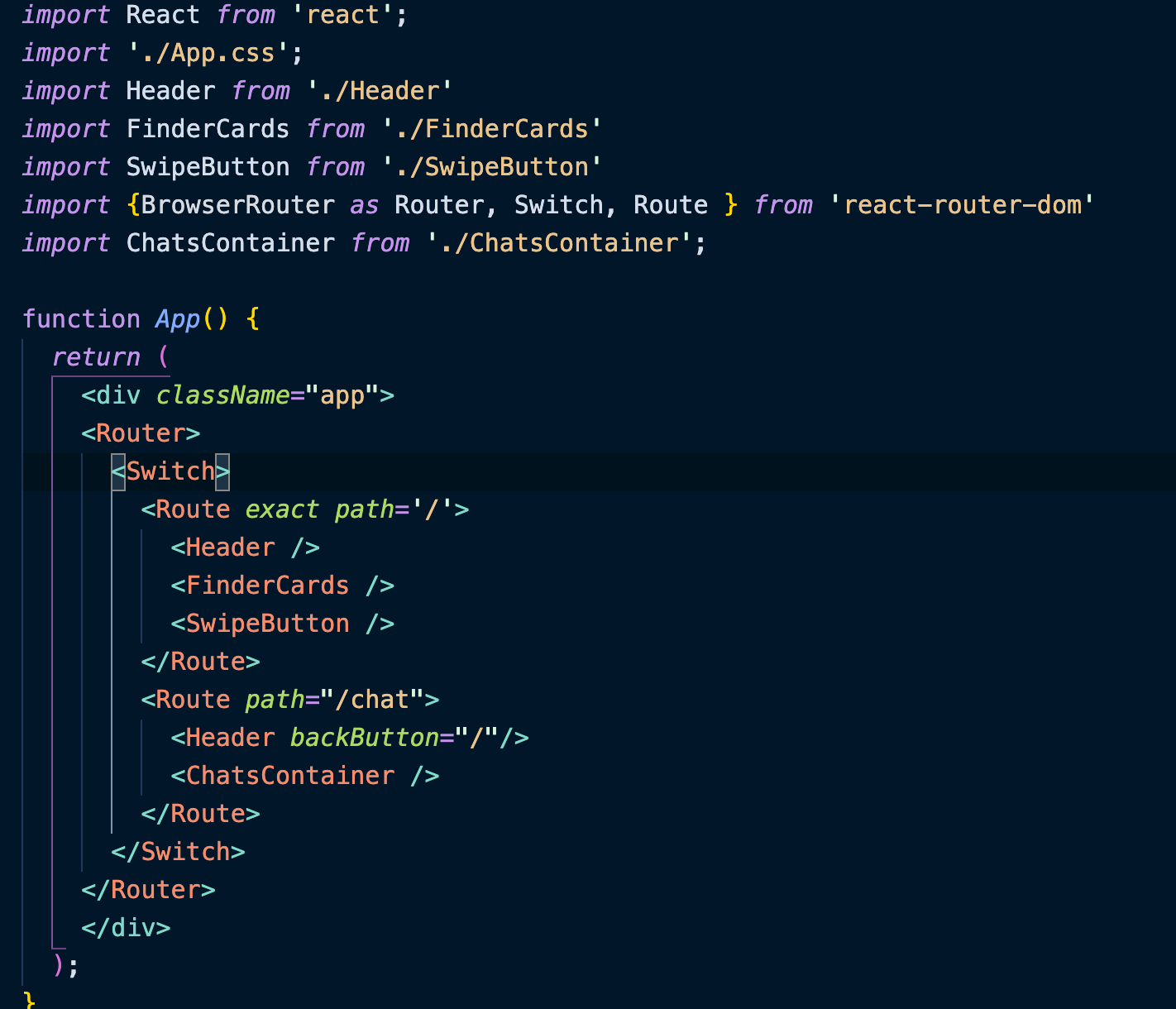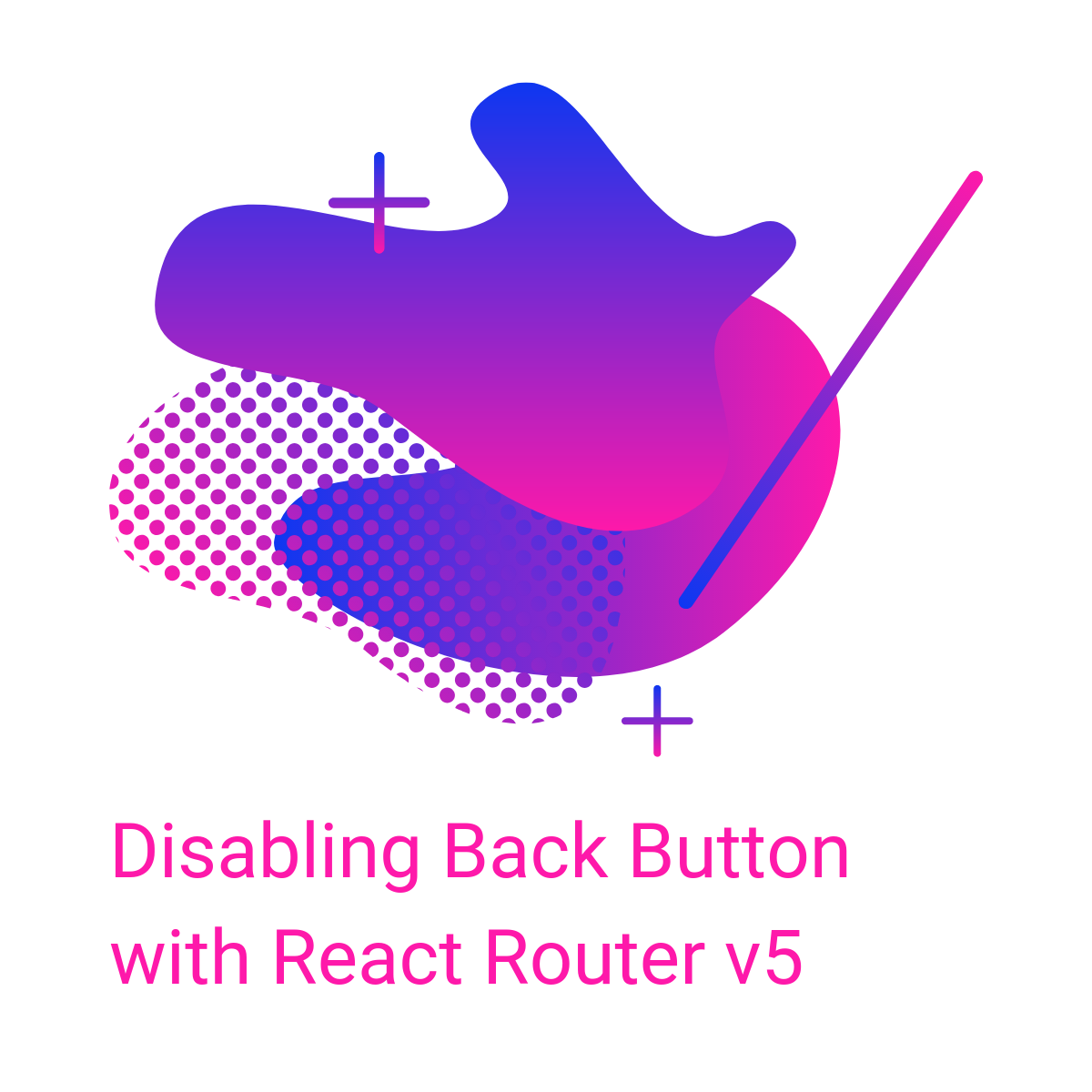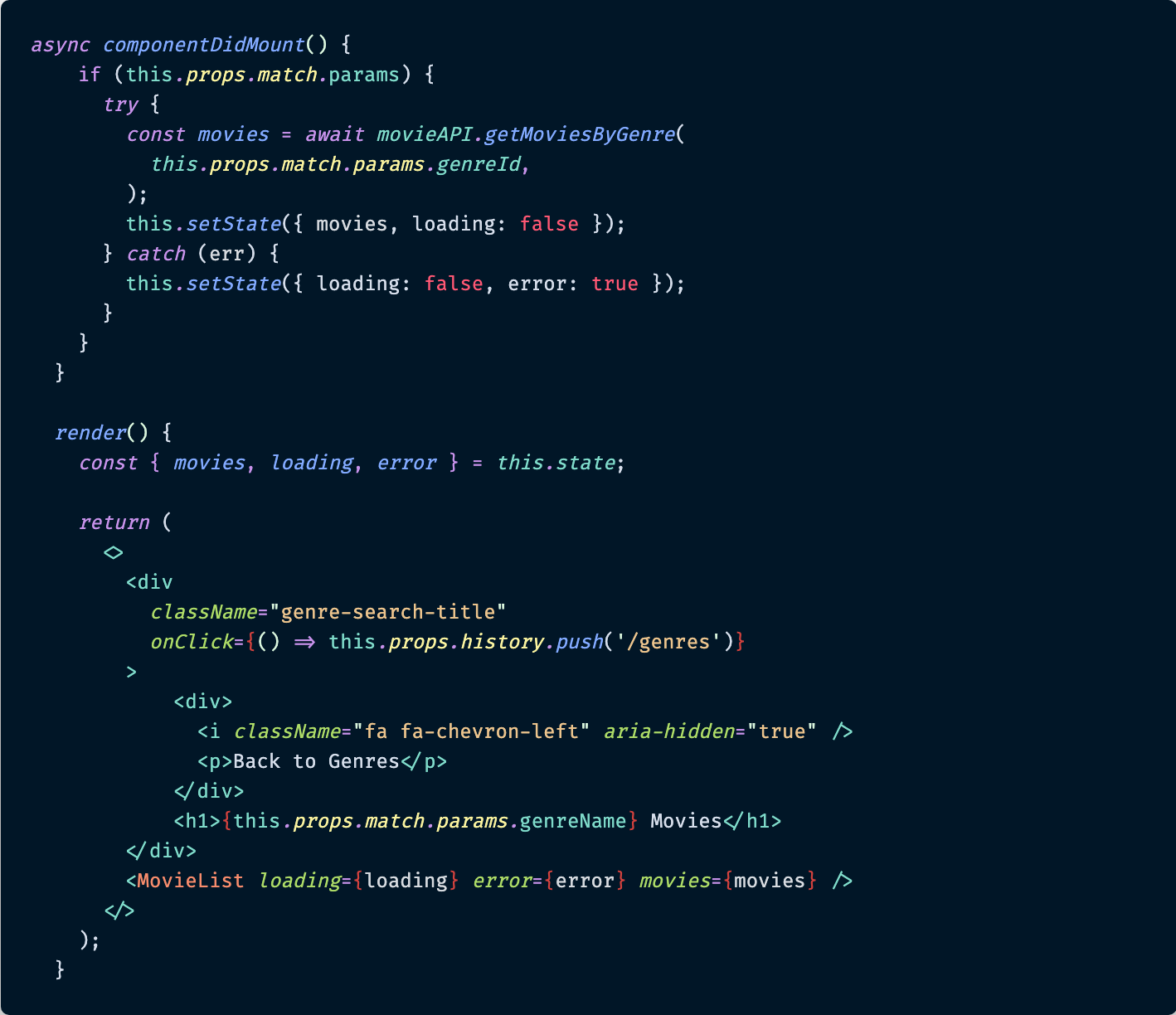

We will learn to display dynamic pages for products (by extracting the product IDs from the URL, using the useParams() hook) by building a simple React app.

Whenever we click on a product, we display the product ID in the URL. Every product is identified by a unique ID.The general steps can be described as follows: How can we create dynamic pages for every single product, as shown above? The product details page has the same structure for all the products but the data is different. When we click on a product, we are taken to a product details page that displays information regarding that specific product. The home page displays a list of products. The picture below is the home page of a shopping site that sells electronic items: Also a good working knowledge of JavaScript, especially ES 5 is strongly recommended.Learn the fundamentals of React router in my blog post here. You must have preferably completed the previous course in the specialization on Bootstrap 4, or have a working knowledge of Bootstrap 4 to be able to navigate this course.

A quick tour through React animation support and testing rounds off the course. You will then learn to use Fetch for client-server communication and the use of REST API on the server side. You will explore various aspects of Redux and use it to develop React-Redux powered applications. You will be introduced to the Flux architecture and Redux. You will also learn about designing controlled forms. You will learn about React router and its use in developing single-page applications.

You will be introduced to various aspects of React components. You will also get an introduction to the use of Reactstrap for Bootstrap 4-based responsive UI design. This course will use JavaScript ES6 for developing React application. This course explores Javascript based front-end application development, and in particular the React library (Currently Ver.


 0 kommentar(er)
0 kommentar(er)
